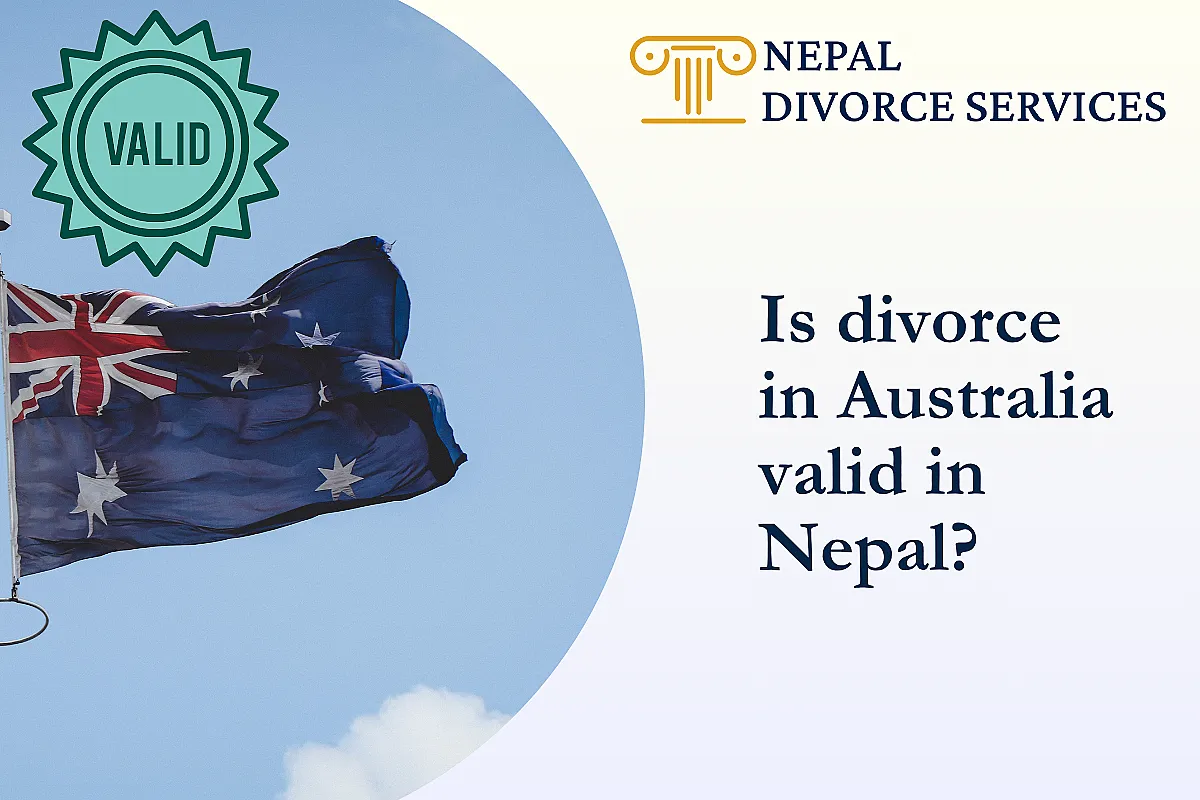Tag : Marriage Dissolution Lawyer
All You Need to Know About Divorce by Mutual Consent
Divorce by mutual consent is a straightforward and efficient option for couples in Nepal wishing to end their marriage amicably. Governed by Article 93 of the Civil Code 2074, this process allows couples to file a joint petition, making it a popular choice among younger generations. While it offers significant advantages such as a quick resolution and lower costs, it is essential to consider property rights and the necessity for mutual agreement on various terms. This guide provides a comprehensive overview of the mutual consent divorce process, including legal grounds, advantages, disadvantages, and the relevant legal framework, ensuring you are well-informed for your journey.
Divorce Process for International Couples in Nepal
Divorce is a legal process that dissolves a marriage contract between two individuals. When it comes to international couples, the divorce process can be more complex due to differences in laws and regulations. Nepal, being a popular destination for international couples, has its own set of rules and regulations for divorce proceedings. In this article, we will discuss the divorce process for international couples in Nepal.
Navigating Divorce in Nepal: A Guide to Healing and Legal Process
Going through a divorce in Nepal? This comprehensive guide by Nepal Divorce Services, a leading family law firm, explores the emotional impact, legal landscape (including Power of Attorney for remote participation), and resources for healing. Learn how to navigate this challenging time and build a fulfilling future.
How the Civil Code 2074 (2017) reformed divorce and family law in Nepal
Divorce and family law are the legal aspects that govern the formation, dissolution, and consequences of marriage and family relationships. Divorce and family law can affect various issues such as grounds for divorce, alimony, child custody, child support, property division, debt allocation, inheritance, adoption, etc. Divorce and family law can have significant impacts on the rights and interests of both spouses and their children.
Is divorce in Australia valid in Nepal?
Divorce is the legal termination of marriage between a husband and a wife. Divorce can have various legal, social, and emotional implications for both parties and their children. Different countries may have different laws and procedures for divorce. Therefore, it is important to know whether a divorce obtained in one country is valid and recognized in another country. In this article, we will explore whether a divorce obtained in Australia is valid and recognized in Nepal. We will also discuss the conditions and requirements for obtaining a divorce in both countries.
Divorce Process for Foreign Citizens in Nepal
This article provides a detailed overview of the divorce process for foreign nationals in Nepal, highlighting key steps like residency criteria, petition filing, and court procedures. It also addresses specific concerns such as asset division, child custody, and spousal support. Whether both or one of the spouses is a foreign national, the article outlines how to navigate Nepal's legal system with the help of experienced divorce attorneys. The importance of legal representation and ensuring that the divorce is recognized internationally is also discussed.




-reformed-divorce-and-family-law-in-Nepal-medium.webp)

